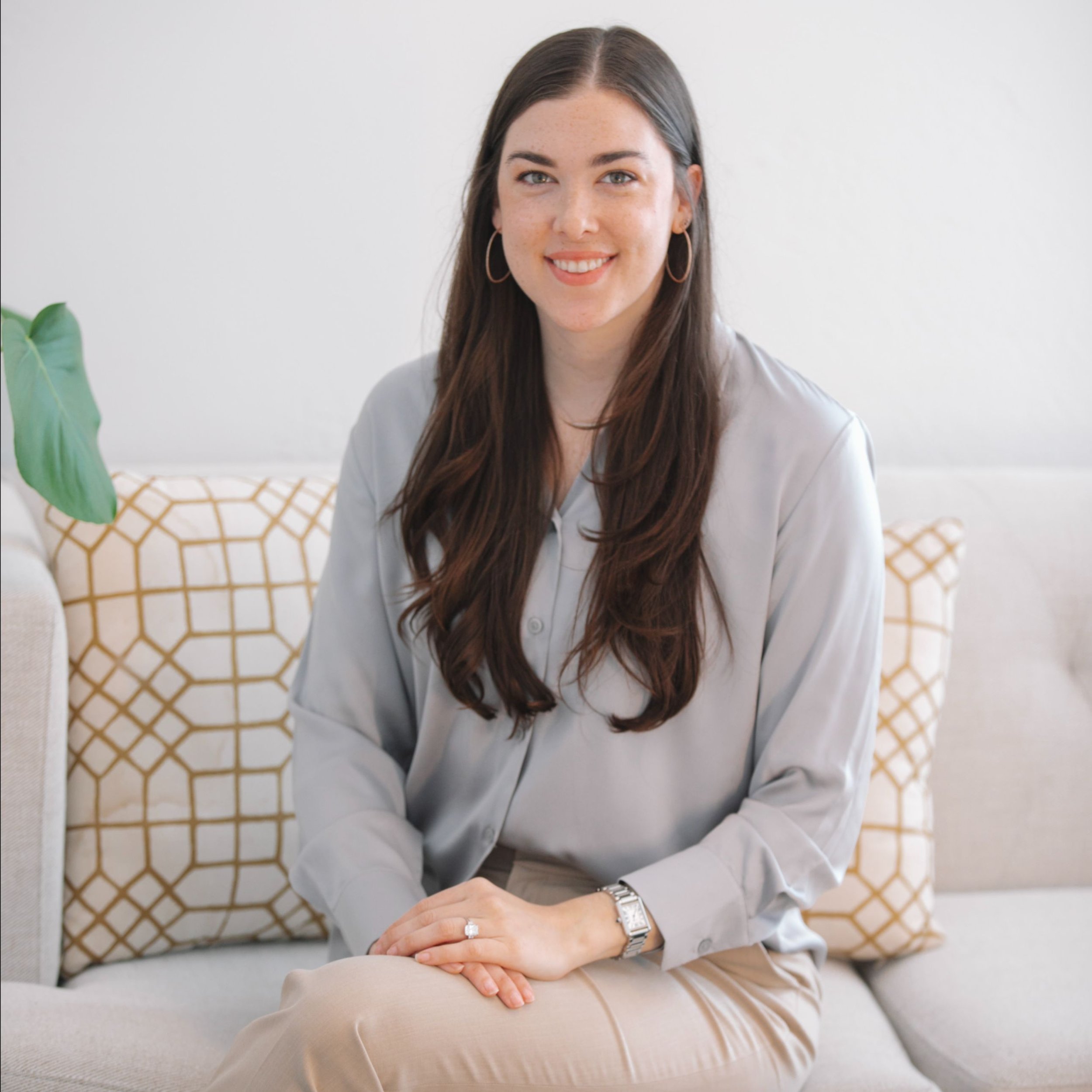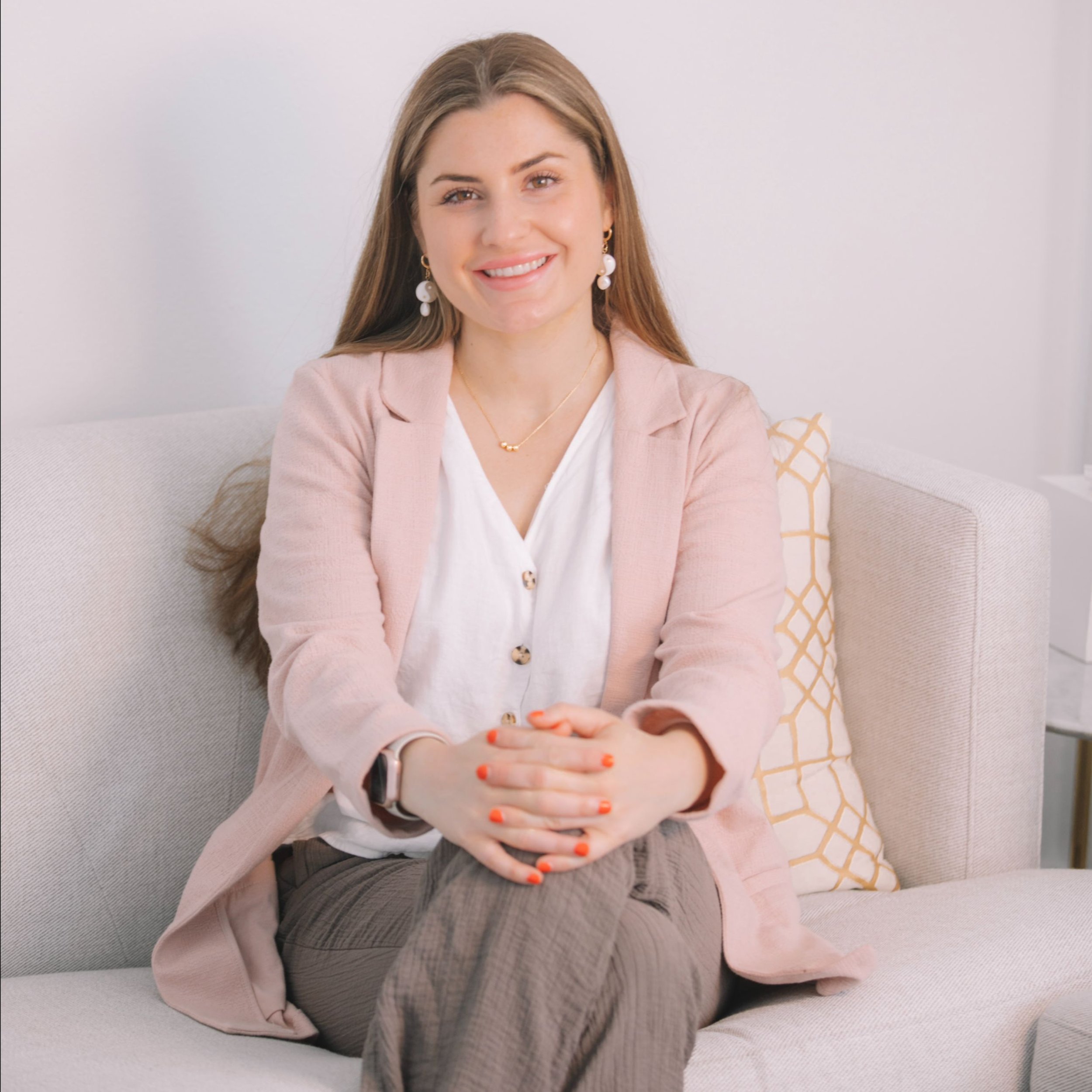July 2024: The Unique Needs of Adoptees in Therapy
Hi, Practice Families!👋
My name is Dina Greenwald, and I am a Licensed Marriage and Family Therapist as well as an international transracial adoptee. At Practice San Francisco, I specialize in trauma and adoption, working with adopted children, teens, adults, and their families. I was adopted in the 80s, and although adoption has evolved since then, the challenges adoptees face have not.
In my work at Practice San Francisco, I have noticed that working with adoptees differs substantially from working with other clients. Some of the issues that the adopted population faces include challenges in identity development, abandonment issues, a general feeling of not belonging, feelings of grief and loss, and a lowered sense of self. Many adoptees feel strongly about some of these issues, but many do not. Additionally, some adoptees may not be ready to talk about or explore these issues. Every adoptee is different, and recognizing their differences is imperative for successful therapeutic work with adoptees.
Adoption is not a psychological condition; it is a life condition. It is something that an adoptee carries with them throughout their lives and integrates into how they orient themselves and move through the world. I have noticed three main differences in my work with adoptees:
1) It will frequently take longer to build trust within our relationship.
Adoptees tend to be more reserved or cautious when developing relationships. Core issues of adoption come into play here. Emotional intimacy requires vulnerability and trust, which can be difficult for anyone and even more so for adoptees. In all cases of adoption, early and subsequent losses have disrupted bonding and early attachments.
The early years of a child’s life are crucial for forming healthy attachments later in life. The brain develops rapidly from 0-5 years old, and early losses or disruptions in bonding can impact an adoptee’s relationships for life. Adopted children may present as extra clingy, avoidant, or anxious. Adoptive parents often have to work very hard to form trusting bonds with their children. This is difficult for adoptees adopted at any age but is especially challenging if adoptees were adopted past toddlerhood.
This lack of trust often shows up in friendships, romantic relationships, and in the therapeutic relationship. In my work, it is incredibly important not to rush the process of building trust, as it is imperative for effective therapeutic work with adoptees. Without trust, very little progress can be made. Developing trust takes time and requires a consistent pattern of trustworthy behavior, which has always been my goal in my work with adoptees.
2) Adoptees often feel a sense of rejection and loss.
At the heart of every adoption is a loss that is often exacerbated by a sense of rejection. Adoptees have not only lost a birth mother, but they have also lost other family members, culture, racial and ethnic connections, medical history, birth history, language, and more. This loss is sometimes called a “primal” loss or “wound.” Questions like “Why me?” and “Why was I given up?” are at the forefront of many adoptees' minds.
At a glance, adoption seems like a perfect arrangement: a child gets a loving home, and parents get a child. But this arrangement can cause a lot of confusing feelings in an adoptee. On the one hand, they have those around them, including their parents, telling them they are “special” and that they should be grateful for having a family. On the other hand, adopted children have lost a lot and often wonder if they are good enough. Good enough to meet their new family’s expectations or, on a deeper level, good enough to deserve what they have been given.
For adoptees to gain a better understanding of their adoption, they have to grapple with the fact that first, they were abandoned. The question often arises: Why was I not good enough to be kept by my birth family? As a therapist, it is my job to create a space in which adoptees can both grieve their losses and explore difficult feelings around the rejection they may be feeling. Exploring their grief and feelings of rejection can help an adoptee see how these feelings may be impacting their current behavior or their ability to create and maintain healthy relationships.
Frequently, maladaptive behaviors that present themselves in everyday life are behaviors that were once helpful and adaptive but now present as maladaptive and unhelpful. Finding the roots of these behaviors can be helpful for adoptees in building compassion for themselves and in creating behavioral change.
3) Identity work is often a focal point of therapy.
One of the major developmental tasks of growing up is to develop a cohesive and independent identity. Every adolescent goes through a period where they struggle to figure out who they are and what makes them unique. Adoptees must navigate this process while also learning how to integrate their identity with their adoptive family and their birth family, which adds an extra layer of complexity. This task is especially difficult for adoptees who have limited or no knowledge of their birth family. The feeling of being incomplete or deficient can sometimes lead to a life plagued with questions about their origins. Adoptees in closed adoptions may wonder why they were placed for adoption, what became of their biological parents, if they have siblings, or whether they resemble their birth family in personality or physical traits.
Additionally, this lack of identity can lead adolescent adoptees to seek a sense of belonging, which is a universal developmental desire but can be particularly intense for adoptees. In some cases, adoptees may go to extreme measures to belong. They might try out different identities, join a youth subculture, become pregnant, join a gang, or involve themselves in unhealthy relationships, all in an effort to belong. This behavior can also serve the purpose of testing the commitment of their adoptive parents to see if they will be abandoned again. Many of these behaviors may be driven by the subconscious mind, and therapy can help bring these behaviors to a conscious level for exploration.
Adoption remains beautiful as it depicts an individual, a couple, or a family who have made the choice to open their hearts and homes to a child in desperate need of parents and a forever family. Despite the many challenges that adoption brings, it is a blessing for millions of children. Adoption is not perfect, and adoptees are likely to experience several lifelong issues related to their past and their adoption. However, exploration of the past, feelings around loss, trust, rejection, and identity can help adoptees integrate all parts of their adoption into their identity. Even unknown parts can be integrated, and therapy can help with this exploration.
Therapy can also assist adoptive parents in understanding their role in providing unconditional love, safety, nurturing, and support in their relationship and home environment, all with the goal of helping the adopted child feel seen, heard, loved, and wanted. I hope this gives you some insight into the beauty, challenges, and benefits of therapeutic work with adoptees and their families.
Warmly,
Dina Greenwald, LMFT, LPCC
P.S.: Dina is currently accepting new clients; she works with children, teens, and adults and also provides parenting support. If you are interested in working with Dina, schedule a free intake call or email us at hello@practicesanfrancisco.com.
Summer is the perfect time to pause, catch your breath, and plan ahead for fall! Drop in for a single or short-term consultation of 60, 75, or 90 minutes with one of our experienced therapists below.
Whether you’re concerned about sibling rivalry, anxiety, emotion regulation, behavior challenges, social relationships, mood, resilience, managing stressors, life changes, or just want a parenting gut check, we’re here for you this summer.*
*The costs for our consultations may be reimbursable through PPO health insurance, FSA, or HSA. It's important to note that we're only planning to offer this service for a limited time, with limited available spots.
If you have an elementary schooler…
Rachel Rosenfeld, LCSW
Read her bio
Logann Haworth, AMFT
Read her bio
If you have a middle schooler, teen, or college student…
Ginna Oates, LMFT 133974
Read her bio
Amelia Aburn, LCSW 111211
Read her bio
If you have any questions, don't hesitate to shoot us an email or just reply to this one. OR Want to talk live with our coordinator, Miranda? Schedule a call with her here!
Our summer groups kick off in a few weeks, and we still have a few spots remaining. This is your last chance to sign up and set your kid up for success with skills to support emotion regulation or building resilience. Click below to view our programs and sign up now -- registration will close in just a few days!







